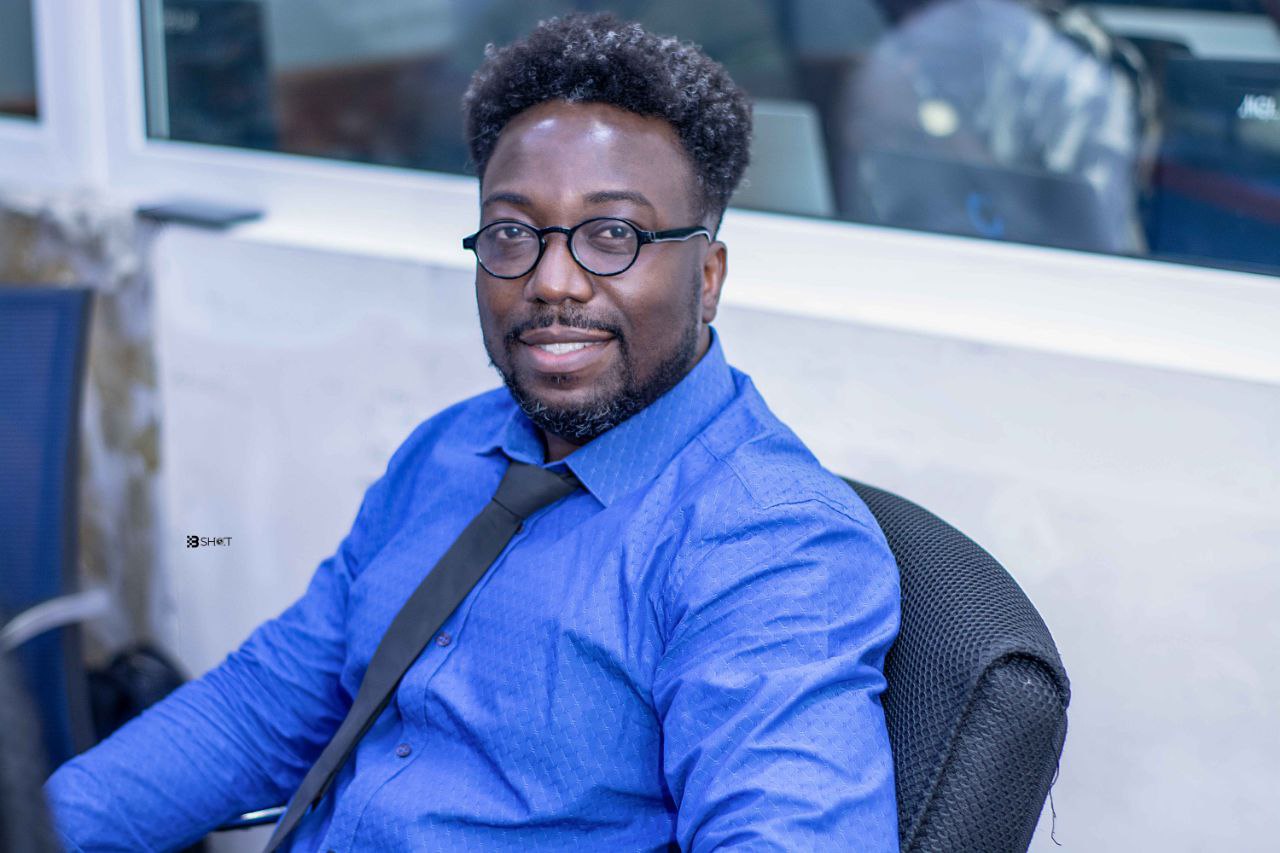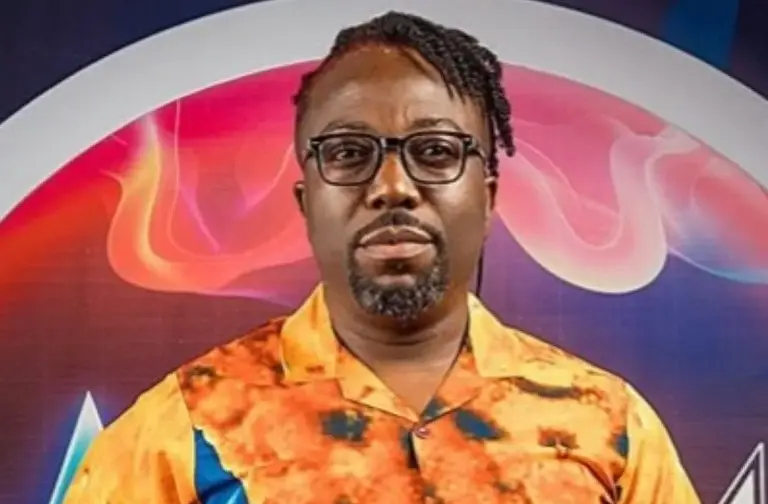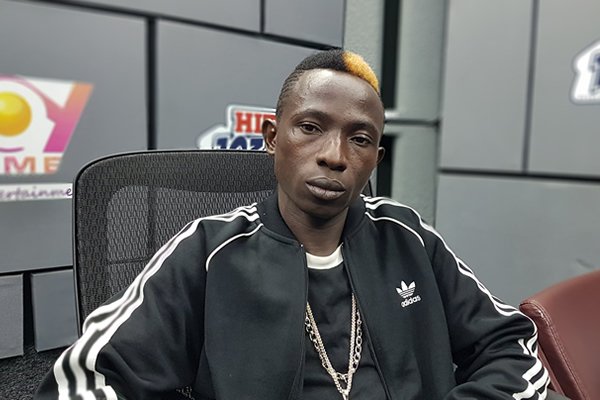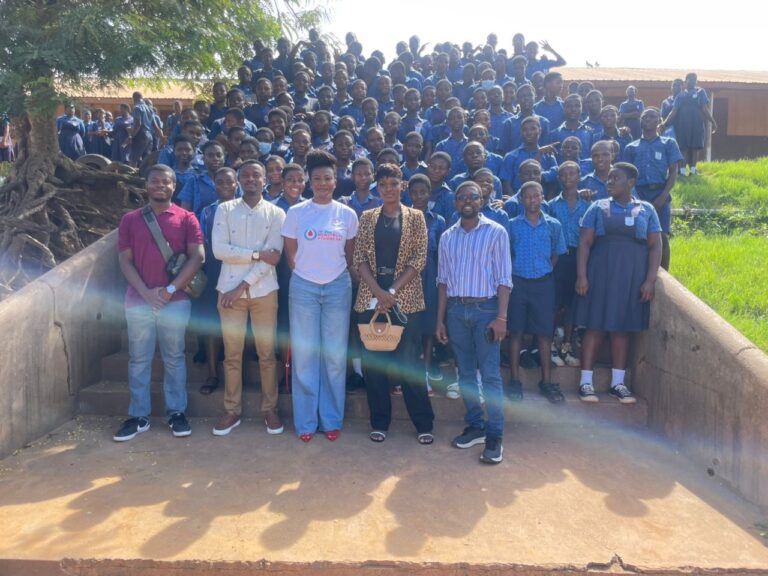In a country where rhythm and movement are central to culture and celebration, Robert Klah, CEO of Dancetera and organiser of the Ghana Dance Festival, is making an urgent appeal for greater recognition and fair compensation for Ghanaian dancers.
Speaking passionately in an interview with Graphic Showbiz, Klah criticised the persistent marginalisation of dancers within the creative industry.

“For far too long, dancers have been treated like mere accessories,” Klah lamented. “Their work breathes life into our music, our celebrations, and our identity—but they are rarely acknowledged or rewarded accordingly.”
Klah pointed to the undeniable impact dancers have made on Ghana’s entertainment landscape. From electrifying stage performances to creating viral dance challenges, dancers are often the unsung heroes behind many successful music careers. Yet, despite their influence, they remain undervalued and underpaid, often overlooked when accolades and financial rewards are distributed.
He explained that traditional and contemporary Ghanaian music alike depend heavily on dance for full cultural expression. “When you hear names like Adowa, Agbadza, or Borborbor, it’s the dance that instantly comes to mind. Dance is not just performance—it’s storytelling, it’s emotion, it’s heritage,” he emphasized.
Klah further highlighted the structural challenges stifling growth in Ghana’s dance industry. These include the lack of dedicated platforms to showcase dance talent, minimal media coverage, and insufficient funding for dance-related events. Unlike music or film, dance rarely receives focused support or mainstream visibility.
“How many platforms truly celebrate dance?” he asked. “What the public sees is just the tip of the iceberg. We need the media to help amplify the voices and artistry of our dancers.”
Klah issued a passionate call to media houses, urging them to invest in dedicated dance programmes, publish in-depth interviews and feature stories, and provide consistent event coverage that highlights the work of dancers.

“Mainstream media do not have enough content to project dance. There are few journalists with a real interest in the craft, and that affects how much attention dancers get. It’s also a funding issue—dance-related events struggle to secure sponsorship, which then affects their scale and visibility.”
The Ghana Dance Festival, a flagship project of Dancetera, aims to fill that gap by celebrating Ghanaian dance culture through workshops, performances, and advocacy. Klah hopes it becomes a model for how the creative ecosystem can better support dancers—not just during competitions, but as professional artists deserving of sustained recognition.
He concluded with a call to action: “Event organisers, musicians, and the wider creative industry must come together to honour our dancers. They are not just background performers—they are creators, storytellers, and cultural custodians. Let’s give them the respect and compensation they deserve.”



